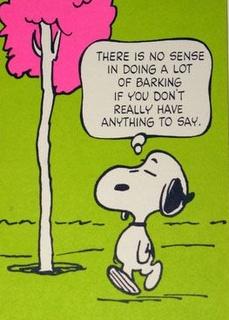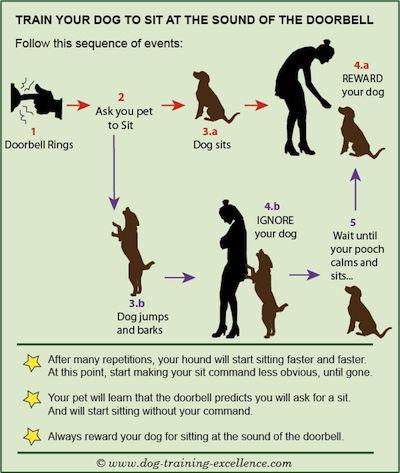
One of the primary reasons that it’s quite easy to live with dogs compared to other animals is that they are one of the most expressive creatures in the world. They find a way to let their humans know what they need, though they often do this by barking or whining.
Check out Why Dogs Whine
Yet, it’s not pretty when your dog barks to demand anything and everything – needed or not. This barking routine doesn’t happen by accident. A demanding, noisy dog has been taught to be this way (more often than not, not deliberately). To get your dog to stop, you have to time and again not reward him for barking. Don’t try to decipher exactly why he’s barking. Ignore him instead.
Management for this kind of barking can be rough because, most of the time, pet parents unsuspectingly highlight the behavior—sometimes just with eye contact, touching, scolding or talking to their dogs. To dogs, all of these human behaviors can count as gratifying attention. Try to use crystal-clear body language to convey to him that his attention-seeking barking is wrong and going to fail.
To accomplish this, try your best to never reward your dog for barking at you again. Now and again, it’s easier to steer clear of problems by eliminating the things that cause your dog to bark. If your dog barks to ask you to rescue his toys from under the sofa, block the space so that the toys don’t get stuck beyond his reach. If your dog barks at you when you’re talking on the telephone or working on the computer, give him a tasty chew bone to engage him before he starts to bark.

Sit and NOT bark at the sound of the doorbell. *
Compulsive Barking
Dogs occasionally turn into compulsive barkers, meaning they bark in situations that aren’t considered normal or they yap in a monotonous, fixed or rigid way. If your dog barks repetitively for long periods of time, apparently at nothing or at things that wouldn’t bother other dogs, such as shadows, light flashes, mirrors, open doors, the sky, etc., you may have a compulsive barker.
If your dog also does other repetitive behaviors like spinning, circling or jumping while barking, he may be a compulsive barker. To help diminish compulsive barking, you can try changing how you confine your dog. For instance, if your dog is tied or tethered, you can switch to keeping him loose in a safe fenced area, or if he’s left alone for long periods of time, you should increase exercise, mental stimulation and social contact.
What NOT to Do
Do not encourage your dog to bark at sounds, such as pedestrians or dogs passing by your home, birds outside the window, children playing in the street and car doors slamming, by saying “Who’s there?” or getting up and looking out the windows.
Do not punish your dog for barking at certain sounds, like car doors slamming and kids playing in the street, but then encourage him to bark at other sounds, like people at the door. You must be consistent.
Unless a veterinary behaviorist advises you to do otherwise, never use punishment procedures if your dog is barking out of fear or anxiety. This could make him feel worse and, as a result, his barking might increase.
Never use a muzzle to keep your dog quiet for long periods of time or when you’re not actively supervising him. Dogs can’t eat, drink or pant to cool themselves while wearing muzzles, so making your dog wear one for long periods of time would be inhumane.
Never tie your dog’s muzzle closed with rope, cord, rubber bands or anything else. Doing this is dangerous, painful and inhumane.
*image source

